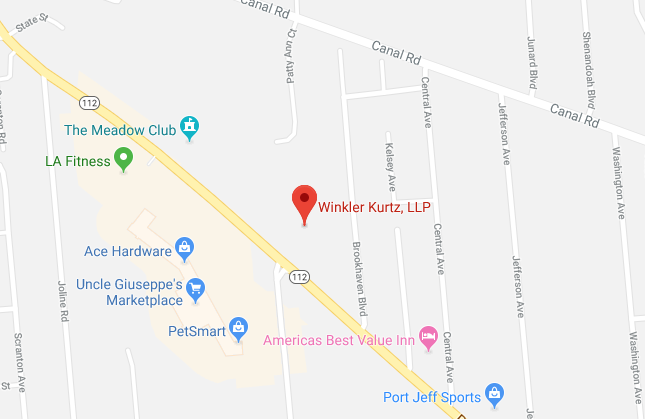Going through a divorce can be a tumultuous time. It can bring you emotional pain and can cause financial disputes as well. If you and your spouse have accrued property during your marriage, you might be wondering how your assets will be divided once the divorce is finalized. At Winkler Kurtz, LLP, we understand how difficult property division can be and will do everything we can to assist you in this area. Our Hauppauge distribution of property lawyers can help you learn what to expect and work with you to ensure that you reach a favorable outcome. 
How Is Property Usually Divided In A Divorce?
Dividing your family’s property during a divorce can be challenging, especially when there are significant assets like houses, stock options, rental properties, professional practices, retirement and pension plans, etc. Deciding who should get what can prove to be extremely difficult, and this process can be complicated if your divorce is contentious. First, we must discuss the differences between community property and non-community property:
- Community Property – Community property is everything you and your spouse acquired or earned during your marriage. If you purchased a house with a combination of separate and community funds, the house is considered community property. Community property also consists of stock options, retirement plans, bank accounts, cars, tax refunds, real estate, etc.
- Separate Property of One Spouse – This includes any property owned by either spouse before marriage, an inheritance received by either spouse, a gift received by the spouse from a third party, and damages received from a personal injury judgment.
Community property is a state-level distinction. In states with this law, the distribution of assets is quite simple. Both spouses split the assets equally. The only community property states are: Alaska, Arizona, California, Idaho, Louisiana, Nevada, New Mexico, Texas, Washington, and Wisconsin.
What Is Equitable Distribution?
New York is an equitable distribution state. Equitable distribution is slightly more complicated than community property. In equitable distribution states, the courts do not always rule against splitting assets equally. The courts will split assets based upon what they judge as fair. They make this rule based on factors that show what each spouse contributed to the marriage and what they need to move forward after the divorce is finalized. Since this way of divvying up assets is more complicated, it is crucial for you to consult with our Hauppauge distribution of property lawyer. Our legal team will help you build a case that allows for assets to be distributed fairly and equitably.
It is possible for you to negotiate property division outside of court. If you and your spouse would like to control how you split your assets and debts in your divorce, it can be easier to handle it together, rather than letting the court decide for you. However, it is still possible for you and your spouse to have disagreements. Our Hauppauge distribution of property lawyer can help you come up with a plan to handle this situation. Here are some steps we can help you take to improve your chances of keeping the majority of your desired assets:
- List all of your assets.
- Determine if your property is separate or marital.
- Value your assets.
- Draft a settlement agreement.
Hauppauge Distribution of Property Lawyer
When you are going through a divorce, you want to have an outstanding legal team on your side. Going through a divorce can be emotionally draining and cause you financial and legal stress. Our team at Winkler Kurtz, LLP is well versed in handling property disputes and will work hard to protect your rights so you can find a favorable resolution. Contact our law offices today to schedule a consultation!


























